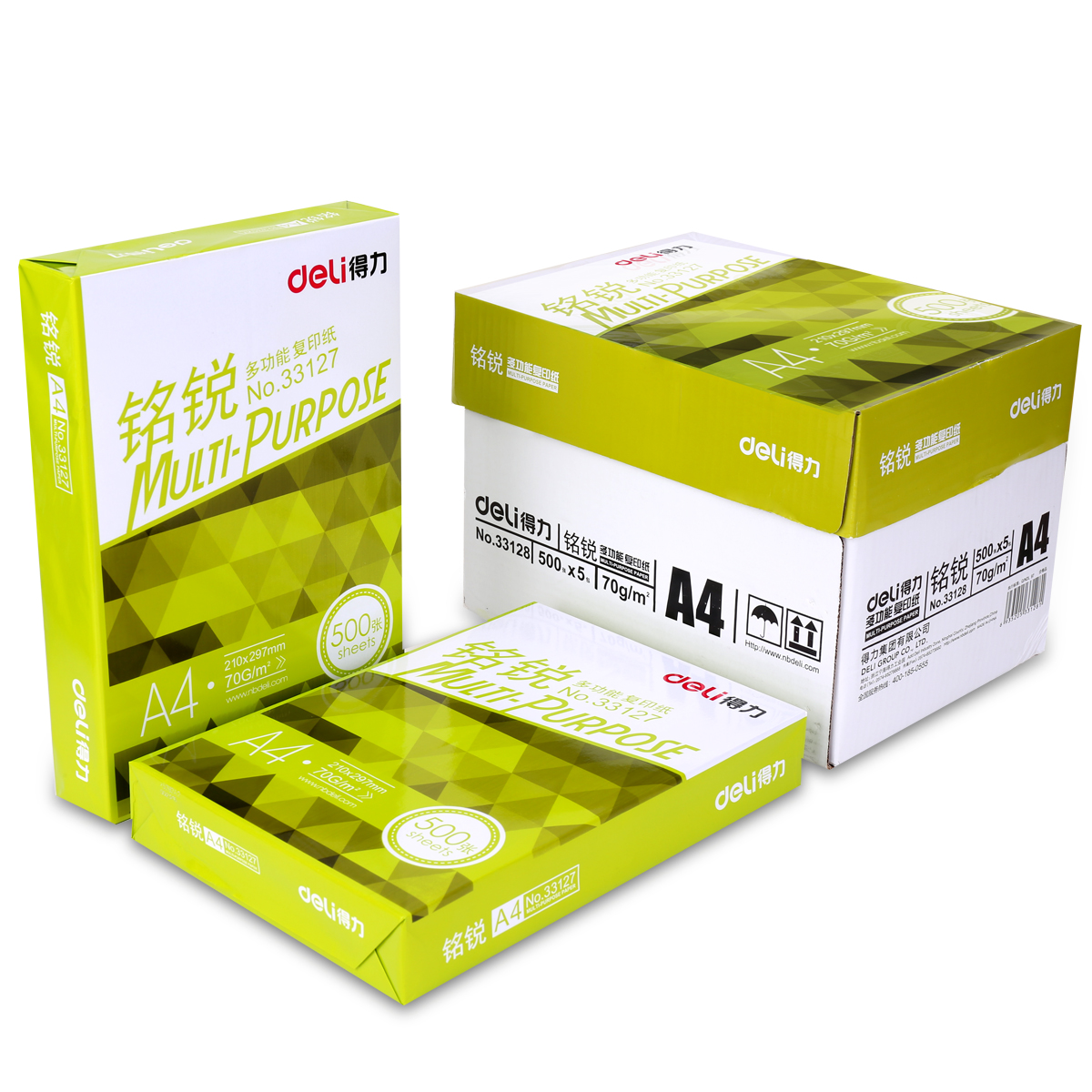Custom Printed Deli paper, often interchangeably used with wax paper, is a versatile material with a wide range of applications beyond the deli counter. It’s a thin, flexible paper coated with a thin layer of wax or a similar substance. This coating imparts its unique properties, making it greaseproof, water-resistant, and non-stick.
The History of Deli Paper
The exact origins of deli paper are somewhat obscure, but it’s safe to assume that it emerged alongside the increasing popularity of pre-packaged foods. As people began to buy more prepared foods, the need for a material that could protect food without sticking to it became evident. Wax paper, an earlier form of deli paper, was initially used for wrapping a variety of goods, including cheese, meat, and candy.
Over time, deli paper evolved to meet the specific needs of the food industry. The development of new waxes and coatings has led to improved grease resistance, water resistance, and overall performance.
Types of Deli Paper
While the term “deli paper” is often used generically, there are different types available, each with specific characteristics:
- Wax Paper: The classic deli paper, coated with a thin layer of wax. It’s commonly used for wrapping sandwiches, lining baking sheets, and covering food.
- Parchment Paper: Similar to wax paper but without the wax coating. It’s typically made from higher-quality paper and is treated with silicone. This makes it more heat-resistant and non-stick, making it ideal for baking and cooking.
- Butcher Paper: A heavier-duty paper often used in butcher shops for wrapping meat. It’s usually uncoated but can be greaseproof.
The Science Behind Deli Paper
The wax or silicone coating on deli paper creates a barrier between the paper and the food. This prevents the paper from absorbing grease or moisture, keeping food fresh and preventing sticking. The coating also provides a smooth surface, making it easy to clean up spills.
Deli Paper in the Food Industry
The food industry is the primary consumer of deli paper. Its applications are vast and varied:
- Food Wrapping: Deli paper is the go-to material for wrapping sandwiches, burgers, and other prepared foods. Its greaseproof properties keep the food fresh and prevent soggy bread.
- Baking and Cooking: Parchment paper is a popular choice for lining baking sheets and pans. It prevents food from sticking, making cleanup a breeze. It can also be used to wrap fish, poultry, and meat for roasting.
- Food Storage: Deli paper can be used to wrap leftovers and store them in the refrigerator. It helps to maintain freshness and prevent odors.
- Food Safety: Deli paper plays a crucial role in food safety. By preventing food from coming into direct contact with surfaces, it helps to reduce the risk of contamination.
Beyond the Kitchen: Other Uses for Deli Paper
Deli paper’s versatility extends beyond the kitchen. Here are some creative uses:
- Art and Crafts: Deli paper can be used as a base for various art projects, such as drawing, painting, and collage.
- Packaging: Small businesses can use deli paper to create custom packaging for their products.
- Gift Wrapping: It can be used as an alternative to traditional wrapping paper for a unique and eco-friendly touch.
- Cleaning: Deli paper can be used to clean up spills, especially greasy ones.
Deli Paper and Sustainability
The environmental impact of deli paper is a growing concern. While it is generally recyclable, the wax coating can make it difficult to recycle in some areas. To address this issue, many manufacturers are exploring alternative coatings and materials.
Additionally, consumers can reduce their impact by reusing deli paper whenever possible and properly disposing of it when it’s no longer usable.
The Future of Deli Paper
As consumer awareness of sustainability grows, the deli paper industry is likely to see significant changes. We can expect to see more eco-friendly options, such as compostable and biodegradable deli paper. Additionally, there may be innovations in coating technology to improve performance while reducing environmental impact.
Conclusion
Deli Paper is an unsung hero in the world of food and beyond. Its versatility, functionality, and affordability make it an indispensable tool in kitchens, businesses, and homes alike. As the demand for sustainable and eco-friendly products grows, the Custom Butcher Paper industry will continue to evolve, offering new and innovative solutions to meet the needs of consumers and the planet.
